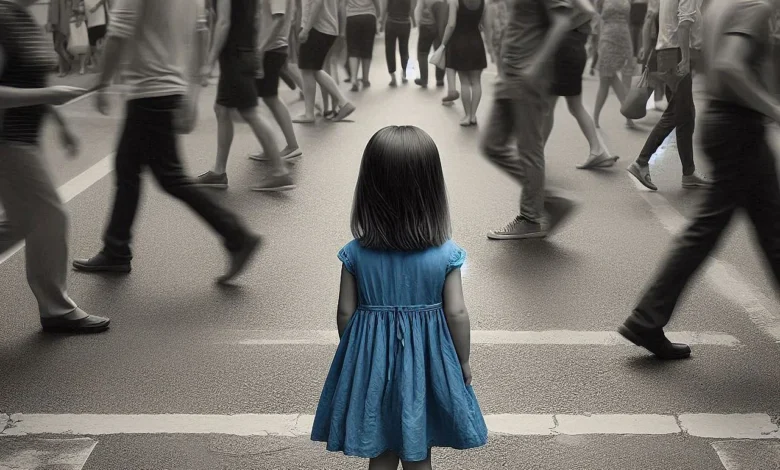
As a child, did you ever feel a burden on your shoulders that kept you down and stopped you from achieving your goals?
We all have the freedom to live our lives the way we want, make our own decisions, and do anything our heart desires. However, this freedom can become restricted for children when they try to navigate their way between the cluster of societal expectations as well as those of parents.
Children may face disappointment from the people they hold dear when they fail to meet society’s standards. Parents, both intentionally and unintentionally, force their kids to follow in the footsteps of the people around them, leading them to feel that they have to fit in their expected molds.
Heather Vardon’s book, “I Am Me,” is a publication crafted especially to instill positive beliefs, self-confidence, and self-love in the earliest stages of children’s lives so that they can grow with the feeling of having freedom and control over their lives. These values are crucial in children’s early development because they benefit their emotional well-being. If children grow emotionally strong, nothing will impact their growth on personal and professional levels.
Burden Of Expectations
Forcing and molding your child’s in the ways of the world can be extremely harsh and painful for both them and you. As a parent, if your kid is upset, emotionally and physically drained, and does not provide the results expected of them, you will also suffer in the same boat. Doing so can be considered “forceful parenting.”
Giving your child’s the space to feel and understand themselves better is important before anyone tries to dictate and impose their opinion over them. Even as a family, if you are forcing your kid to behave in a way that seems appropriate as per the standards set by society, having unrealistic expectations or unreasonable demands, consistently criticizing, humiliating, or blaming for a mistake, not allowing your child’s to explore, express themselves and learn new things other than something that is predetermined. These activities and actions are considered emotional abuse.
Due to these actions, kids may feel:
- Loss of Self-Identity:
When children are constantly pressured to conform in the expected ways, they may struggle to build a sense of who they actually are.
- Low Self-Esteem:
Children end up feeling inadequate and have low self-worth, feeling they do not match the parental and societal expectations.
- Anxiety and Stress:
Not being able to fit in a mold created by the world can cause the development of stress and anxiety in children.
- Rebellious and Defiant:
A time comes when the children oppose society’s predetermined ways and behavioral standards, act as rebels, and become defiant.
- Unable to Make Decisions:
Upon losing self-worth and having low self-esteem, kids tend to become unconfident about whatever they want to do, making the decision-making process quite difficult.
- Long-Term Mental Health and Psychological Issues:
Exposure to prolonged pressure and forceful life can lead to long-term mental and psychological issues in children.
Breaking Free
Grab Heather Vardon’s “I Am Me” to gain deeper insight from the eyes of someone who has gone through this behavior, creating a lifelong trauma for her. The author wants to create awareness among kids, parents, and soon-to-be parents about how damaging it is for children’s mental, psychological, and mental well-being to mold them in the ways of the world and how you expect them to behave.
Grab your copy today and learn the importance of instilling positive beliefs from a young age.





